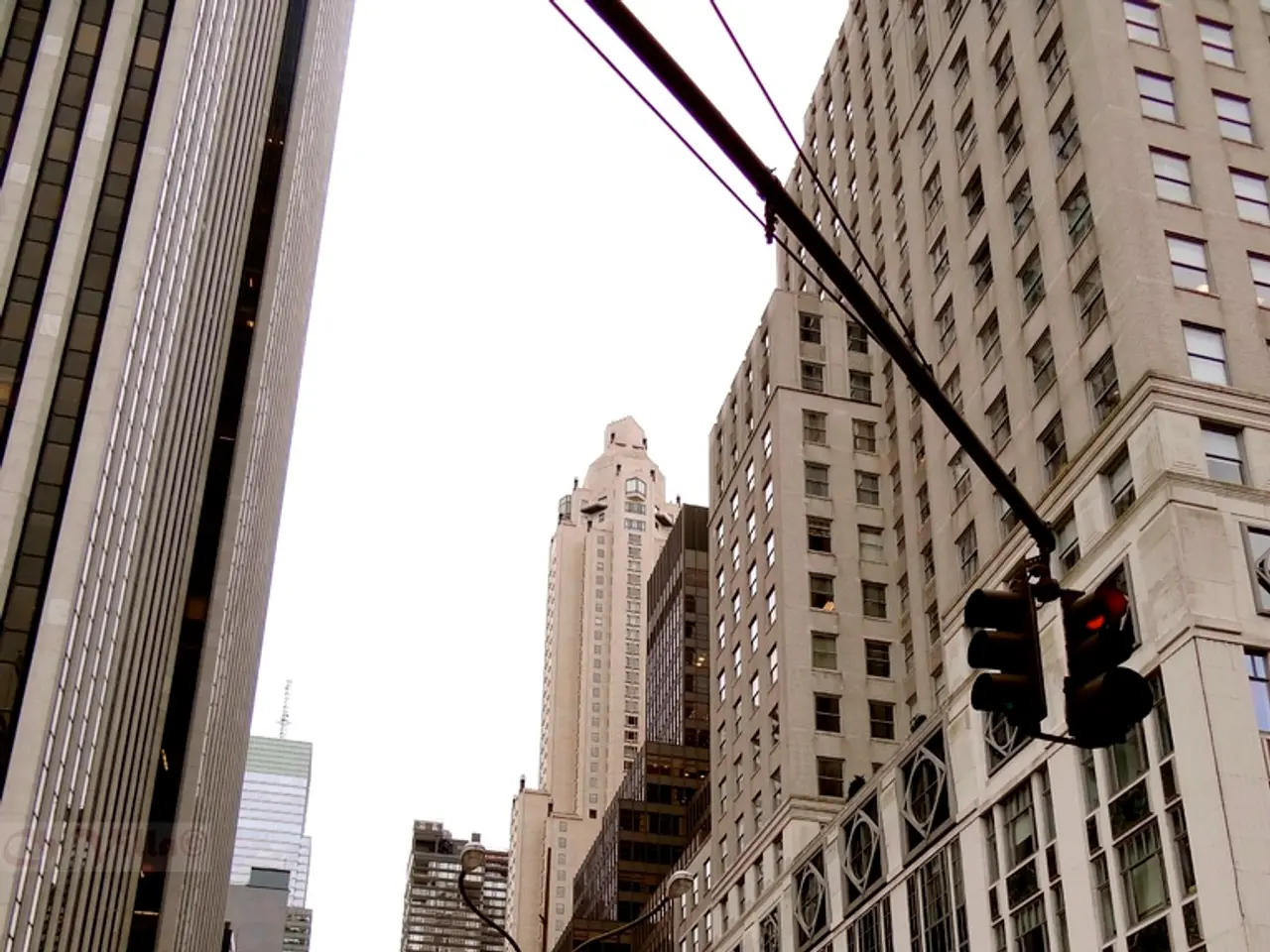Association Unveils 2024 Annual Report - Daily Insight
In the heart of Germany, the city of Mönchengladbach is grappling with an increase in unemployment, reflecting a broader trend of cities with high unemployment and low average incomes. Despite this challenging economic climate, Mönchengladbach still ranks among cities that are not the unhappiest, indicating a complex social dynamic.
The People's Association, a local social or community organisation, is at the forefront of addressing these issues. With nearly 300 employees, the organisation offers a multitude of services, including the second-hand sector, which includes a furniture hall, clothing collection, container emptying, and five second-hand shops.
However, the organisation is not immune to the economic pressures facing the city. The bike project, offering no longer exists due to withdrawn funding. The unemployment rate in Mönchengladbach was at 10% by the end of 2024, and the People's Association estimates a realistic underemployment rate of 13%. Reasons for this include multiple illnesses without official recognition of work incapacity and lack of qualifications for highly structured job placements.
The second-hand market, managed by the People's Association, is also facing challenges. Cheap imports, littered container sites, and improper disposal of clothing are causing problems for the sector.
Despite these challenges, the People's Association is working on sustainable solutions to continue employing people in the second-hand sector. Among the areas where unemployed people find work are the woodshop, street cleaning project Clean Up, housekeeping, and rapeseed mill. New courses such as philosophy and relaxation/meditation were well-received, and the People's Association's educational programs had 2,400 participants.
Stefanie Neumann, head of social services, cites a changed self-awareness among people as a reason for the success of the People's Association's offerings. Unfortunately, "fewer and fewer people are transitioning to work" after their activity at the People's Association, according to Matthias Merbecks.
The People's Association focuses on educating, working, meeting, and advising. Sales in these second-hand shops increased by an average of almost 5% last year, due to modernization of storefronts. The organisation's social pedagogical support is a significant aspect of its work, addressing issues like loneliness, financial difficulties, dealing with authorities, digitalization, and language barriers.
The People's Association has achieved a "super black zero" economically, but faces pressures from cuts in public subsidies, rising wage agreements, and higher labor costs. With increasing economic divides, local associations face the task of maintaining community solidarity amid frustration and social isolation among unemployed and lower-income residents. The IMF has expressed concerns about generative AI leading to job losses even in higher-skilled jobs, potentially impacting cities like Mönchengladbach.
In conclusion, the increase in unemployment in Mönchengladbach reflects broader post-pandemic labor market cool-downs, technological shifts, and economic uncertainties. The People's Association is struggling with multifaceted challenges ranging from reduced job creation to social inequality and the need for expanded support programs.
Economic and social policy in Mönchengladbach is being addressed by The People's Association, which offers services like education-and-self-development and career-development programs to its nearly 300 employees, despite facing economic pressures and a high unemployment rate. However, the transition from these programs to employment remains a challenge, as fewer people are transitioning to work, according to Matthias Merbecks.




